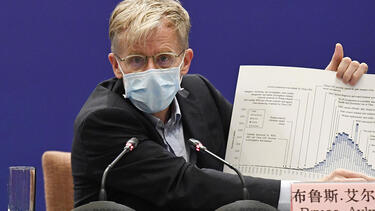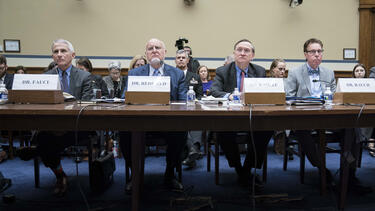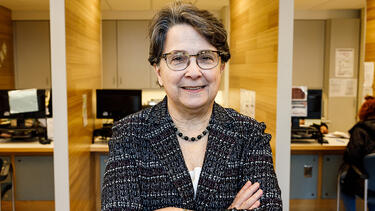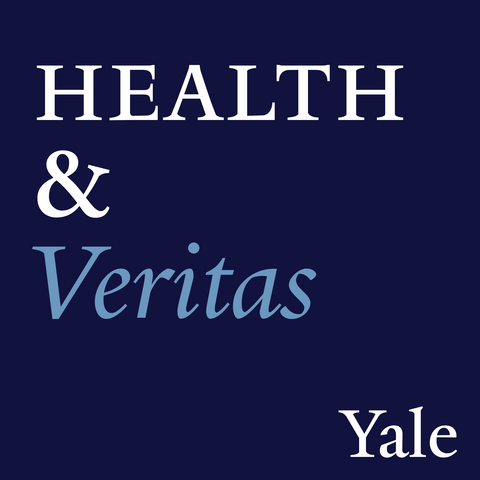Healthcare
Do the New Obesity Drugs Pay for Themselves?
Could expensive drugs like Ozempic save healthcare systems money by reducing the risk of obesity-associated diseases? A new study co-authored by Yale SOM’s Jason Abaluck suggests that other health expenses may actually increase over the first couple years of treatment.

How Is the Pharmaceutical Industry Responding to COVID-19?
As pharmaceutical companies work to develop potential vaccines and treatments for COVID-19, they are operating under extreme pressure—as well as the restrictions on movement and interaction that are affecting all of us.

Why Isolating Older Americans Would Be a Huge Mistake in Fighting the Coronavirus
In a Fortune commentary, Dr. Michael Apkon ’02, president and CEO of Tufts Medical Center, and Yale SOM’s Dr. Howard Forman and Jeffrey Sonnenfeld write that such an approach would be dangerous and ineffective.

Why the WHO Was Afraid of Crying ‘Pandemic’
Yale SOM’s Saed Alizamir, with Francis de Véricourt of ESMT and Shouqiang Wang of the University of Texas at Dallas, recently published a study that uses game theory to play out the tradeoffs that the WHO and other public agencies face as they try to give timely warnings while maintaining their credibility.

How Should the U.S. Government Respond to COVID-19?
On March 12, a group of public health experts assembled by Yale SOM’s Dr. Howard Forman released a proposal for a set of emergency public health, healthcare, and emergency support measures to respond to the growing COVID-19 outbreak.

Suzanne Lagarde ’14 on Giving Back
We talked with Dr. Suzanne Lagarde ’14, CEO of Fair Haven Community Health Care, about delivering healthcare to those who need it most.

Coronavirus Update: How Far Has the Virus Spread and What’s Next?
Increased testing capacity is key to unlocking greater understanding of COVID-19 and learning how to slow its spread, according to Professor Howard Forman.

Is the U.S. Healthcare System Ready for Coronavirus?
We asked Yale’s Howard P. Forman, a practicing radiologist and expert in healthcare management, what’s likely to happen with coronavirus in coming days and whether the U.S. healthcare system is prepared.

New Outbreaks of Coronavirus Can Be Halted with Isolation Measures, According to Study
Yale SOM’s Edward Kaplan used early reports out of Wuhan to evaluate the likely effectiveness of common tactics, such as isolation of patients and quarantine, in keeping the disease from spreading in new regions.

Study: Pharmaceutical Ads Drive Prescriptions—And Save Us All Money
Yale SOM’s Michael Sinkinson found that fewer people get life-savings statins during primary season, when pharmaceutical ads are displaced by political ads.

Are Electronic Health Records Useful Yet?
The story of EHRs serves as a prelude to what we’re experiencing today in almost every facet of our lives: a utopian promise of ubiquitous data tempered by technical challenges and concerns over privacy.

